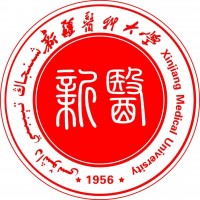Harmol hydrochloride dihydrate induces autophagy in neuro cells and promotes the degradation of α‐Syn by Atg5/Atg12‐dependent pathway
AbstractHarmol hydrochloride dihydrate (HHD) is a novel alkaloid salt of the natural β‐carboline harmol, which is isolated from Peganum harmala L. Here, we studied whether HHD could induce autophagy in neuro cells and investigated the underlying molecular mechanism. After incubation with HHD, the number of GFP‐LC3 puncta in cells was measured using confocal microscopy. The distribution and colocalization of autophagosomes and autolysosomes in the cells were also detected. LC3 was gathered and cultured in a medium containing HHD. Compared with control cells and cells starved for 2 h, the number of GFP‐LC3 puncta and the LC3‐II expression level were significantly increased in HHD‐treated cells (p < .05). The number of autophagosome (red) was increased and most of them were colocalized with lysosomes (green). Moreover, HHD induced the formation of puncta with Lysotracker Red positive in the L3 fat bodies (p < .05). When treated HEK cells with HHD, the protein expression level of LC3‐II was markedly increased, and the protein expression level of α‐Syn was significantly decreased (p < .05). HHD could induce the increased autophagosome in neuro cells by induction of autophagy. Moreover, HHD may promote the degradation of α‐Syn protein to protect neuro cells by inducing autophagy.
期刊:
Food Science & Nutrition
2022
作者:
Gulinuer Abulimiti,Jianghua Zeng,Mutalifu Aimaiti,Xiuying Lei,Na Mi
DOI:10.1002/fsn3.3031







